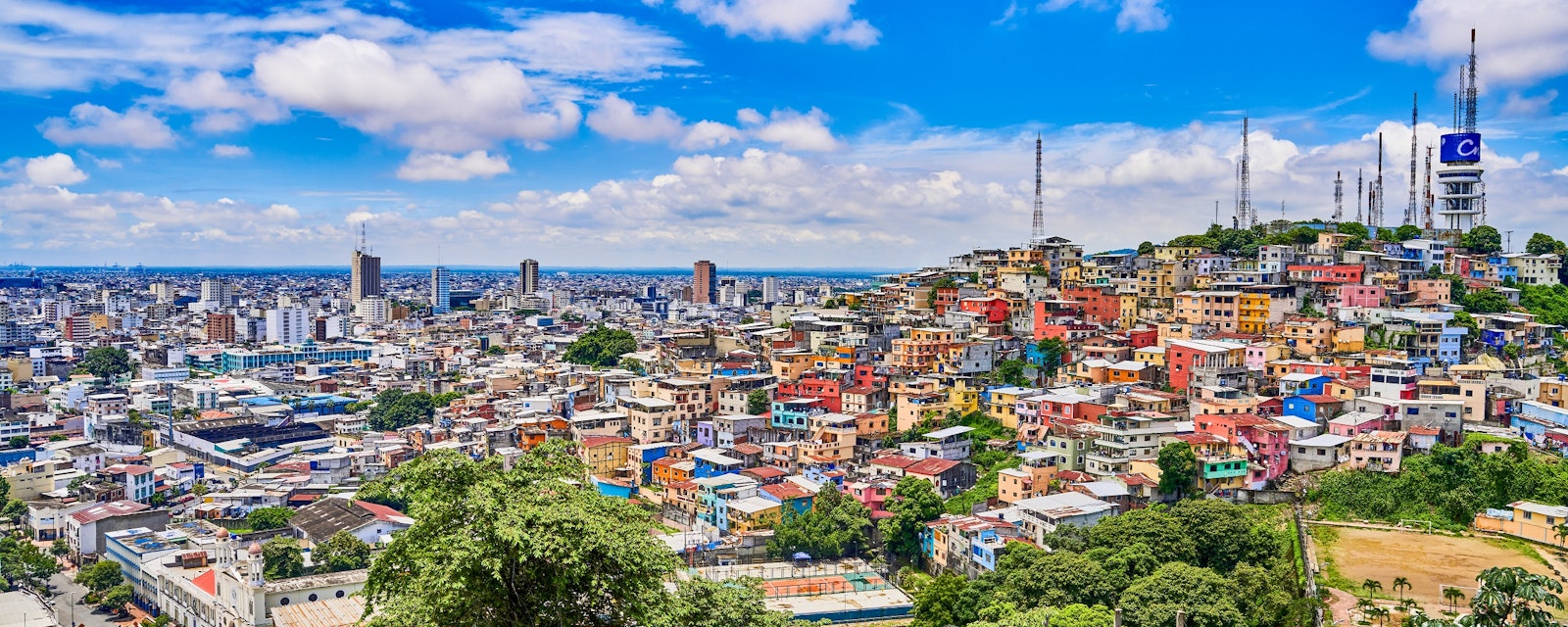This week, Brazil’s transition takes some initial steps following Luiz Inacio Lula da Silva’s election victory and the dismantling of post-vote truckers’ protests. Colombia’s tax reform should be signed into law ready to take effect from January 2023. In Chile, the governing coalition faces a test of strength in Congress after a bruising couple of months for President Gabriel Boric since the rejection of the constitutional draft.
Meanwhile, Peru’s President Pedro Castillo remains under pressure on multiple fronts – this week, an accusation of treason will make political waves. Finally, in Ecuador, worsening security problems are creating new political headaches for the government.
Brazil
As roadblocks by truckers who support President Jair Bolsonaro were being dismantled, Luiz Inacio Lula da Silva’s transition team has been focused on solutions to reconcile social spending with fiscal discipline in 2023. Two prominent orthodox economists who were involved in the creation of the Real in the 1990s will be joining the Lula team. Lula himself will be back from a short leave but is unlikely to make cabinet appointments yet. The transition team, headed by incoming VP Geraldo Alckmin, supports a waiver that would allow social expenditures outside the spending cap until a new rule is negotiated with Congress. In parallel, Lula has accepted an invitation by Egyptian president Abdel Fattah al-Sisi to take part in the COP27 UN Climate Change Conference and will do so starting on 14 November.
Colombia
The government’s tax reform should be ready for signing into law this week once final inconsistencies are ironed out. Over two days last week, both congressional chambers passed slightly different versions of the reform; these versions must now be synchronized in a process scheduled for 8 November. The reform is expected to generate COP 20tn (equivalent to 1.2% of GDP) in additional revenues, with the extractive sector set to shoulder much of that extra burden as their royalty payments will become non-deductible, while oil and coal output will also face new surcharges tied to international prices. In government, it is hoped that the passage of the tax reform will help remove one of the uncertainties that has contributed to the peso’s weakening over recent months; Finance Minister Jose Antonio Ocampo late last week made a renewed call on the private sector to cease questioning the new government’s commitment to fiscal discipline. Market sentiment may well remain wary given the new tax framework, together with a lack of clarity over the government’s position on allowing new oil exploration.
Chile
The governing coalition faces a fresh test today, 7 November, as the lower house votes in a new chamber president. The fact that the candidate lined up for the role, Karol Cariola of the Communist Party (PC), withdrew last week after it became clear that she could not win enough support is already a sign of the coalition’s divisions and difficulties. The governing coalition lacks majorities in both chambers. How the neophyte People’s Party (PDG), which is not aligned with either major coalition, ends up voting may be crucial in deciding the outcome. If President Gabriel Boric’s coalition loses the lower house presidency, the opposition Chile Vamos (CV) coalition and its allies would be well positioned to reconfigure legislative committees that are crucial to advancing legislation. That could represent a brake on Boric’s reform agenda just as he tries to recover momentum with an overhaul of the pension system.
Peru
The congressional sub-committee for constitutional accusations (SAC) is set to advance an accusation of treason against President Pedro Castillo today, 7 November. The accusation is based on remarks made by Castillo at the beginning of this year to the effect that he was open to holding a referendum over whether to allow landlocked Bolivia access to the Pacific Ocean. Castillo’s accusers are seeking a five-year ban on him holding public office – effectively his removal. However, the route to that outcome is not straightforward and will involve further deliberations by the Permanent Commission, a kind of standing committee within Congress, before an eventual plenary vote. Note that this proceeding is separate to the constitutional complaint filed against Castillo in October accusing him of leading a criminal organization, influence-peddling, and collusion in the awarding of government contracts. Demonstrations calling for Castillo to resign that took place over the weekend are unlikely to have seriously troubled the president, though if they become a regular event and/or grow in size they could add to the pressure on Castillo. In practice, all sides are waiting for the arrival later this month of a delegation of the Organization of American States (OAS) to report on the political situation.
Ecuador
A wave of drug-related violence over recent days is likely to remain the dominant issue this week. On 1 November alone, five police officers were killed, there were several car bombings, as well as public displays of brutal violence – the result of gang feuds seemingly made worse by the influence of Mexican drug-trafficking cartels. While President Guillermo Lasso has declared a state of emergency in three provinces including Guayas, where the port hub of Guayaquil is located, similar measures implemented at various points over recent months have failed to dent levels of violence. The National Assembly is holding a special session today, 7 November, to discuss the situation; while no opposition party wants to be seen as instigators of a fresh impeachment attempt, the fact that impeachment is under discussion demonstrates how sensitive the situation is for Lasso. The constitution allows for the impeachment on the grounds of “internal commotion” though the need for a two-thirds majority makes any vote complicated. Lasso’s assertion that drug money has entered politics may be a warning to some of his critics to back off from drastic action. Lasso last year called on the US to agree to a "Plan Ecuador" program of security aid based on the Plan Colombia initiative.




